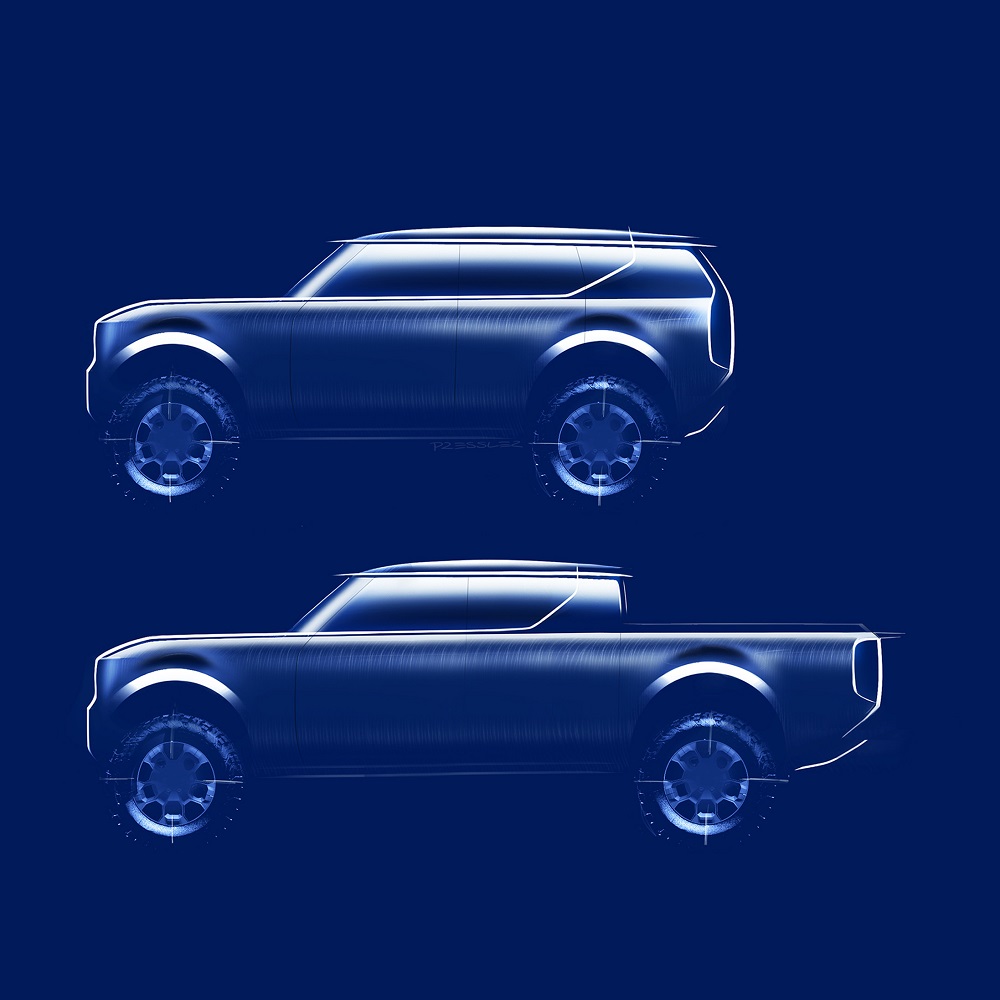LONDON, Oct 30 — According to an eBay-commissioned study, strapping on a virtual reality headset will soon be a normal step on the path to choosing and buying a new car.
The one element of the automotive industry that is still largely untouched by innovation is the actual purchase process. Car companies may have incredibly comprehensive websites and even a burgeoning social media presence, but car shopping is still about going in person to a dealership, talking with a sales assistant and finally signing on the dotted line.
But it won’t be able to resist the digital or mobile revolution forever. The Future of Automotive Shopping Survey shows that 21 per cent of 18-29-year-olds are already interested in using virtual reality as part of the car-buying journey and that nearly 70 per cent of all respondents already automatically reach for a mobile device to check out a dealer’s reputation or to find out information about marques or models on the go.
“Mobile is increasingly changing the way consumers shop — whether it’s for a vehicle or parts and accessory,” said Sree Menon, General Manager of eBay Motors. “Today’s consumers — especially millennials — are embracing technology to enhance their own car shopping experiences.”
The study of over 1000 US vehicle owners across age groups found that almost one in five had already bought a car or truck online within the past five years and that younger consumers in particular expect to be able to easily use every type of device and channel available for the clearest possible picture before picking a car.
When asked why, over one third of all consumers said that they turn to the web because unlike a dealership it’s always open for business. And, almost three in 10 said that they wanted to avoid having to interact with a real-life salesperson.
Innovations in showroom tech
Car companies are beginning to test the waters in terms of technologies like VR. Volvo developed a virtual test drive app for use with Google Cardboard when it launched its flagship XC90 SUV in the US last November. Audi, Lexus and Infiniti have also tried out headsets as a way of offering potential customers a more immersive understanding of cars.
As for other devices, Bentley in September launched a configurator app that helps to customize and specify a new car automatically based on the user’s emotional responses to video clips and mood images.
In terms of bringing dealerships and salespeople into the 21st century, Hyundai has won praise and plaudits for its digital showroom concept being tested in a UK shopping mall. It uses tablets and touchscreens and is staffed by people with a retail — rather than automotive — background because they have a better understanding of people rather than horsepower. — AFP/Relaxnews






















